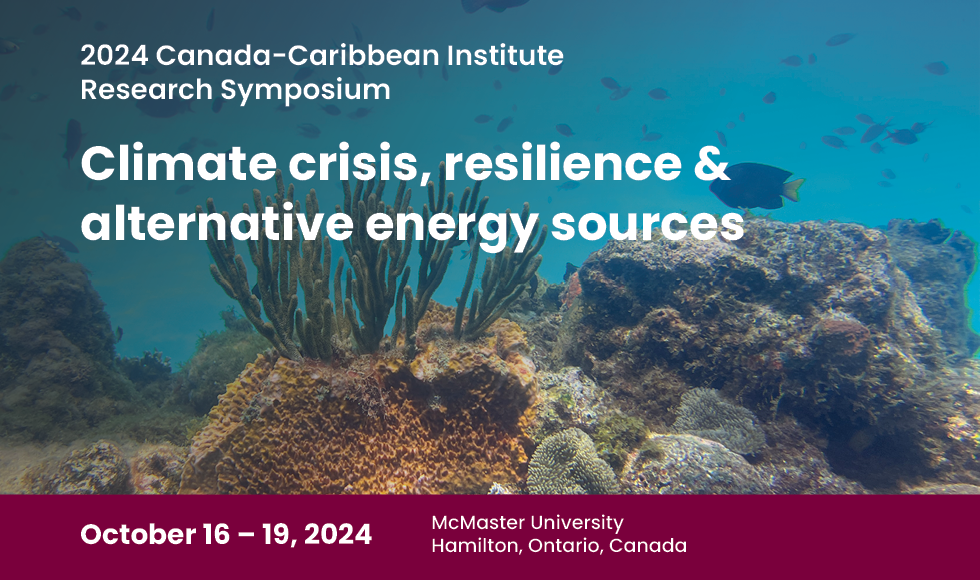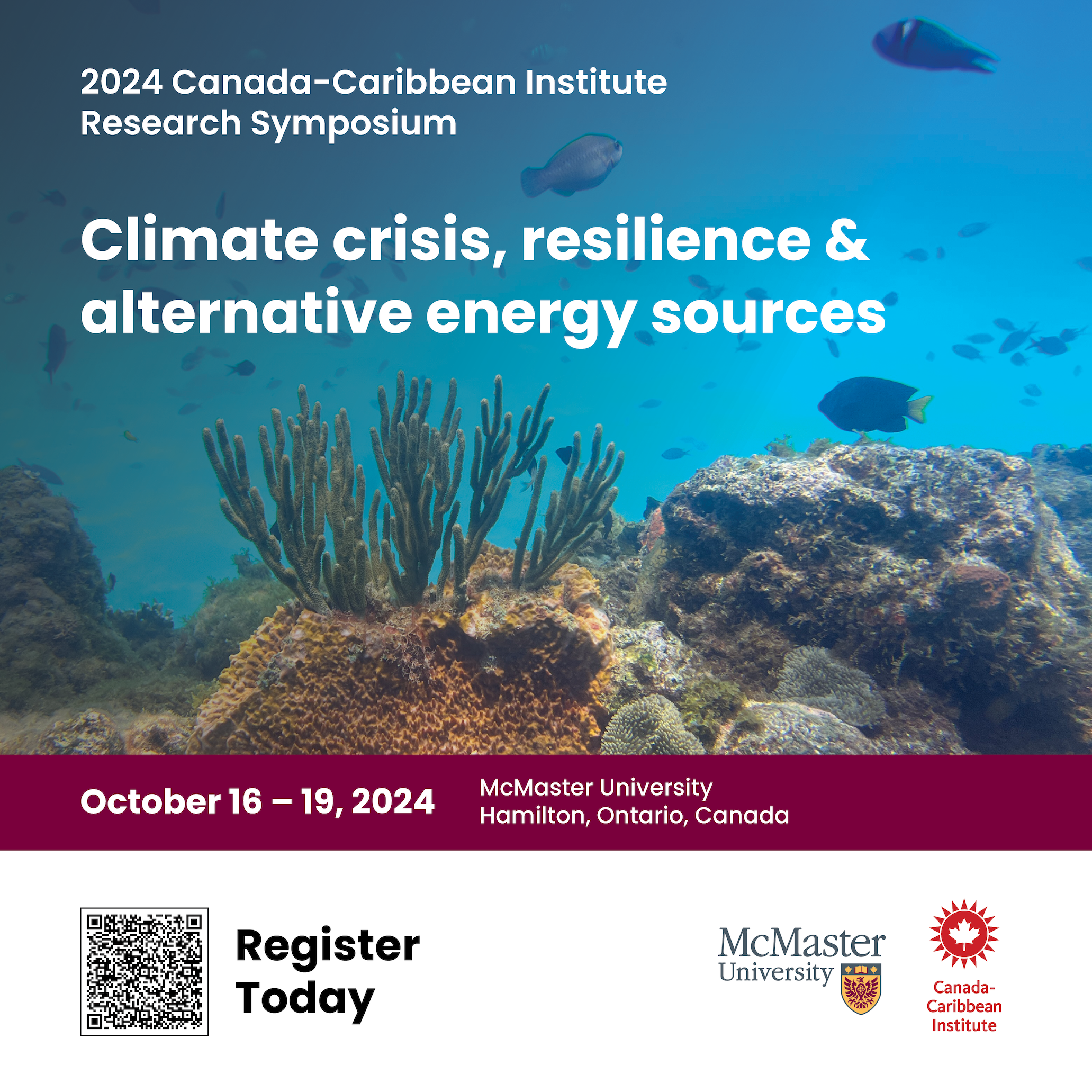McMaster hosts event on climate solutions for Canada and the Caribbean

Researchers, students, policymakers and community members will explore a range of environmental, social and economic topics related to climate change at the Canada-Caribbean Institute Research Symposium in October.
The devastation caused by Hurricane Beryl and the catastrophic wildfires that raged through Alberta this summer have once again brought into focus the critical need for climate action in Canada and the Caribbean.
From Oct. 16–19, McMaster will bring together Canadian and Caribbean researchers, students, scholars, policymakers, and stakeholders for the 2024 Canada-Caribbean Institute (CCI) Research Symposium, “Climate Crisis, resilience and alternative energy sources,” aimed at exploring innovative solutions to the increasingly significant climate challenges facing both regions.
From environmental in/justice, health, housing and food security, to mitigating climate vulnerabilities, enhancing climate resilience and promoting the adoption of alternative energy sources, the symposium will tackle a range of environmental, social and economic topics related to climate change.
“Given the unprecedented challenges facing our two regions, the urgency to bolster resilience in our societies and transition toward sustainable energy sources has never been more critical,” says McMaster Professor Juliet Daniel, strategic advisor to the President on the Canada-Caribbean Institute and lead organizer of the symposium.
“To fully address the climate crisis, it’s imperative we examine the environmental, scientific and technological aspects of climate change as well as the broader socio-economic impacts, and that’s what this third annual CCI research symposium aims to do.”
This year’s keynote speaker is Elizabeth Thompson, Barbados’ Ambassador with Responsibility for Climate Change, Small Island Developing States and Law of the Sea.

Thompson has served as a member of parliament and a cabinet minister in Barbados, leading major policy initiatives such as the island’s national sustainable development, green economy, sustainable energy policies and the greening of government facilities.
As well, she served as Barbados’ Ambassador to the United Nations (UN) and as Assistant Secretary-General of the UN, with specific responsibility as an Executive Coordinator of the Rio+20 Conference on Sustainable Development, in addition to holding several other advisory roles within the UN.
Registration is free for the CCI syposium, which McMaster is hosting in its role as the lead Canadian partner of the CCI.
All faculty, staff, students and members of the community are welcome to attend the symposium.
Click here to learn more or register
About CCI
Established in 2020, the CCI’s mission is to bring together scholars from across Canada and the Caribbean to collaborate on economic, environmental and social issues that contribute to the shared prosperity of both regions.
Made up of 12 member institutions, the CCI supports research on a range of key policy areas including health; climate change; advancing the United Nations’ Sustainable Development Goals; trade and investment; Caribbean culture and the diaspora; and government and foreign relations, among other areas.



